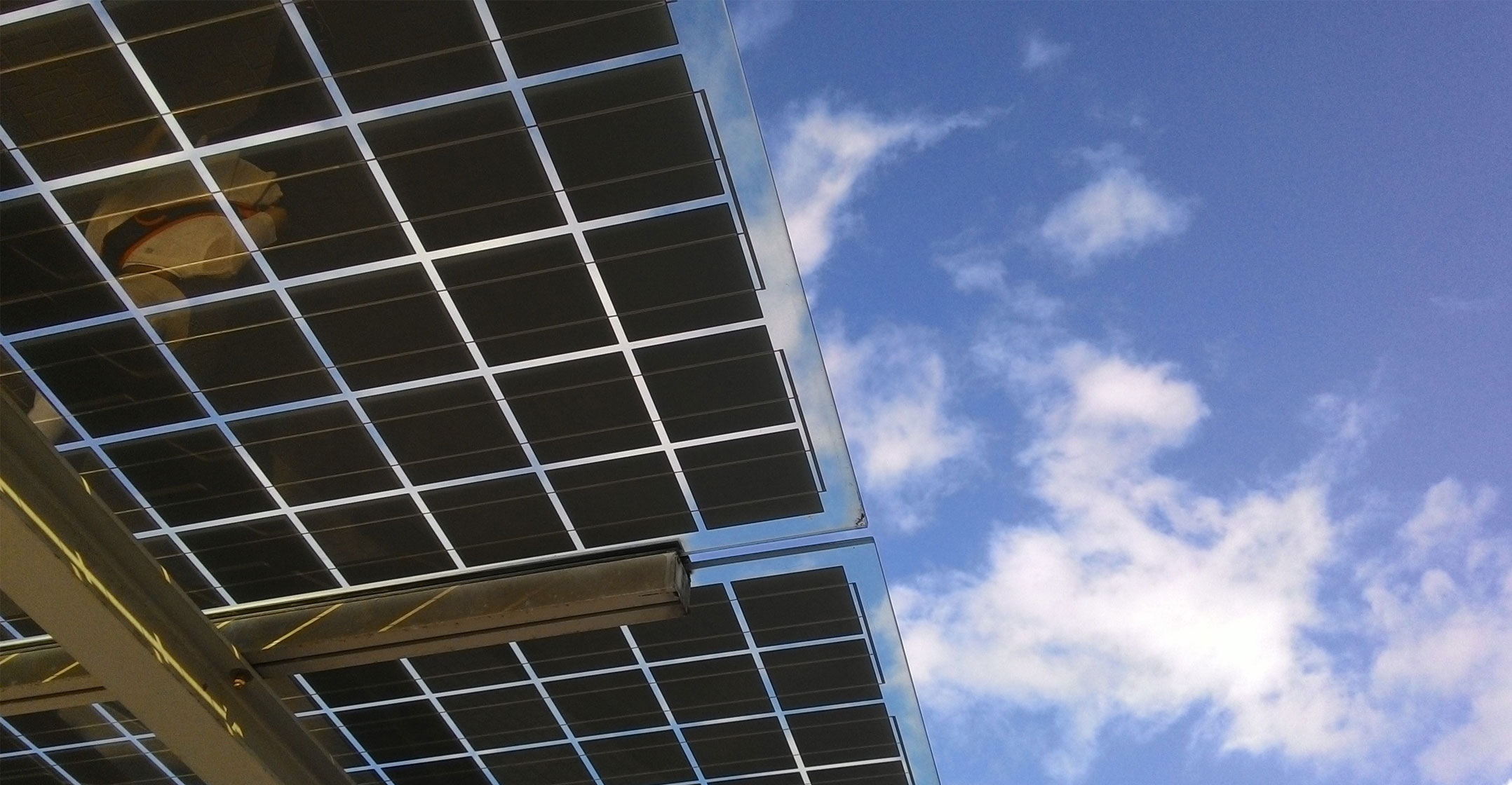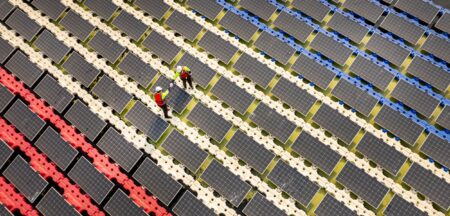
Energy regulator Nersa has published for comment proposed rules that will regulate the market for individuals and organisations who typically generate electricity from their own rooftop installations.
Stakeholders have 30 days to comment on the rules that will apply to installations with a generating capacity of up to 1MW.
The publication follows a notice published by the department of energy in November that provided for exemption for small-scale embedded generators from the obligation to obtain a licence from Nersa to generate electricity.
The exemption applies to generators of up to 1MW which are connected to the national grid and supply a single customer without wheeling (transporting) the energy through the grid, as well as wheeling it to a single or related customer.
Generators of up to 1MW of electricity for own use or a related person or customer on the same premises which is not connected to the grid are also exempted from licensing, as are demonstration plants and backup generators. They also need to register with Nersa, as do industries that generate electricity as a by-product of their main activity or from waste.
The rules provide that affected small-scale generators should get approval from their local electricity distributor — mostly the local municipality of Eskom — and register with Nersa.
The generator will be obliged to get a quotation from its distributor, pay the required connection fee and sign a use-of-system agreement.
The embedded system is required to comply with the technical specifications set by the distributor and has to obtain a certificate of compliance to that effect. The distributor may only deny the generator access to the system upon objectively identifiable grounds that prevent such access.
The distributor is required to report to Nersa on a quarterly basis with regard to the system.
The consultation paper does not deal with tariffs, which Nersa will address at a later stage.
- This article was originally published on Moneyweb and is used here with permission




